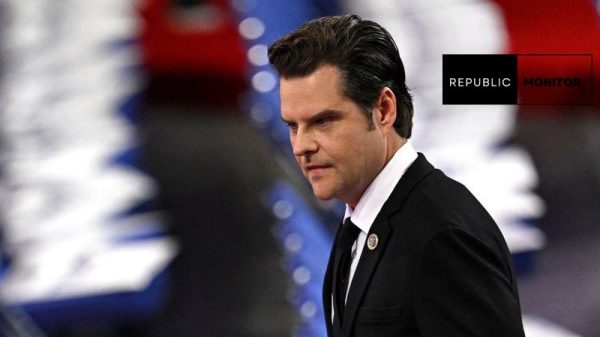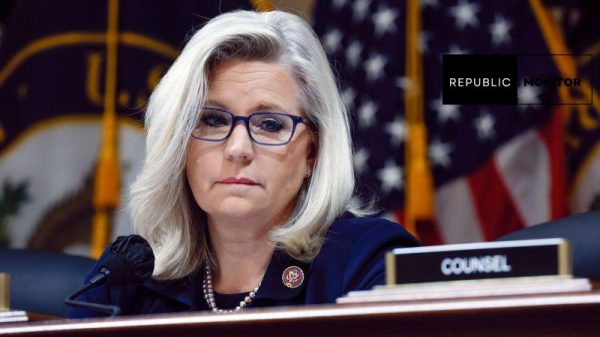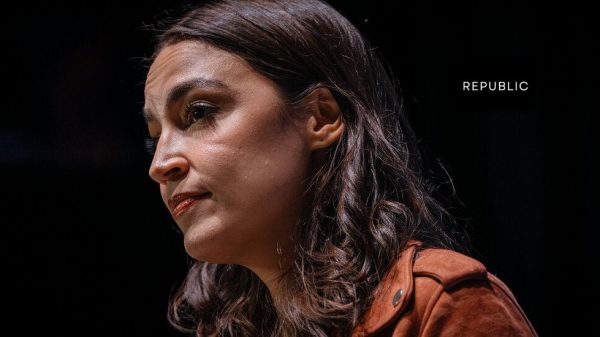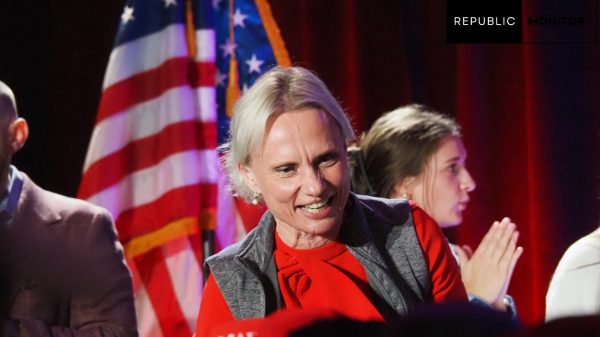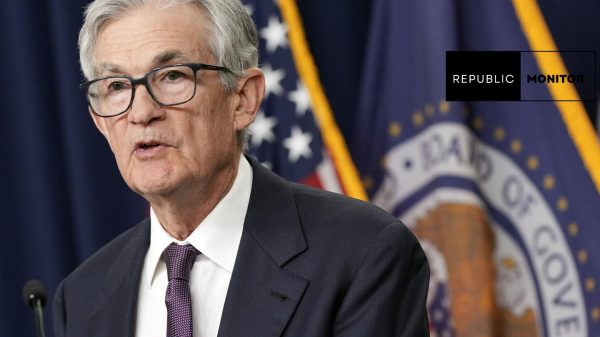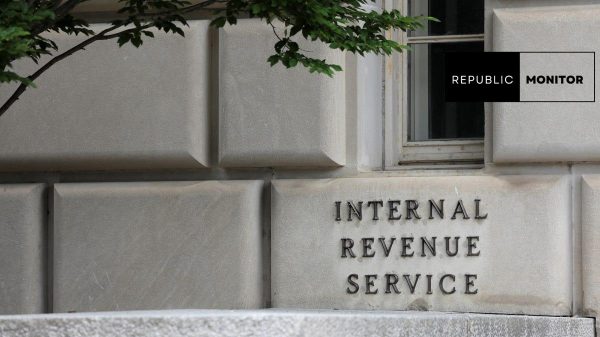On Thursday Pfizer and BioNTech announced that they had asked federal regulators to approve the emergency use of their coronavirus vaccine for children aged 5 to 11.
Before the vaccine can be made available to children of those ages, it must be approved by the Food and Drug Administration and the Centers for Disease Control and Prevention.

A 13-year-old in New York receives a dose of the BioNTech/Pfizer Covid-19 vaccine. Pfizer hopes to secure approval for younger children in the coming months. (Photo: Reuters)
‘Important Step’
Last month, Pfizer and its German vaccine partner released data from a clinical trial indicating that their vaccine was safe and effective for children ages 5 to 11 when administered at one-third the dose given to adolescents and adults.
The vaccine may be critical for elementary schools, where students have been denied vaccination due to age restrictions.
“With new cases in children in the U.S. continuing to be at a high level, this submission is an important step in our ongoing effort against #COVID19,” Pfizer tweeted.
They then stated that they are committed to collaborating with the FDA with the ultimate goal of assisting in the protection of children from this serious public health threat.
The study of 2,268 volunteers aged 5 to 11 revealed that they had the same strong immune response to the vaccine as teenagers and young adults. Because the vaccine had already been shown to be effective in older populations, the companies only needed to demonstrate that it elicited a similar immune response in children – rather than proving that it prevented COVID-19 infections.
Read Also: Sweden Halts The Use Of Moderna Vaccine For Young People Due To Increased Risk Of Heart Inflammation

A kid receiving a vaccine. (Photo: Paul Hennessy/SOPA Images/LightRocket via Getty Images)
COVID Vaccine For Kids
Parents across the United States are eagerly awaiting regulators’ decision, which could have an impact on family life and school operations. Authorization is contingent not only on the strength of the clinical trial data but also on the manufacturer’s ability to demonstrate to regulators that it can manufacture a new pediatric formulation properly.
Dr. Janet Woodcock, the acting commissioner of the FDA, stated last week that children may require “a different strength or formulation” than adults or an older pediatric population.
Pfizer has proposed that children receive one-third of the dose prescribed to adults. This may require adding additional diluent or using a different vial or syringe with each injection. In its submission to The Food and Drug Administration, the company was required to describe the method it intended to use.
Read Related Article: Colorado Hospital System Denies Organ Transplants To Unvaccinated Patients

